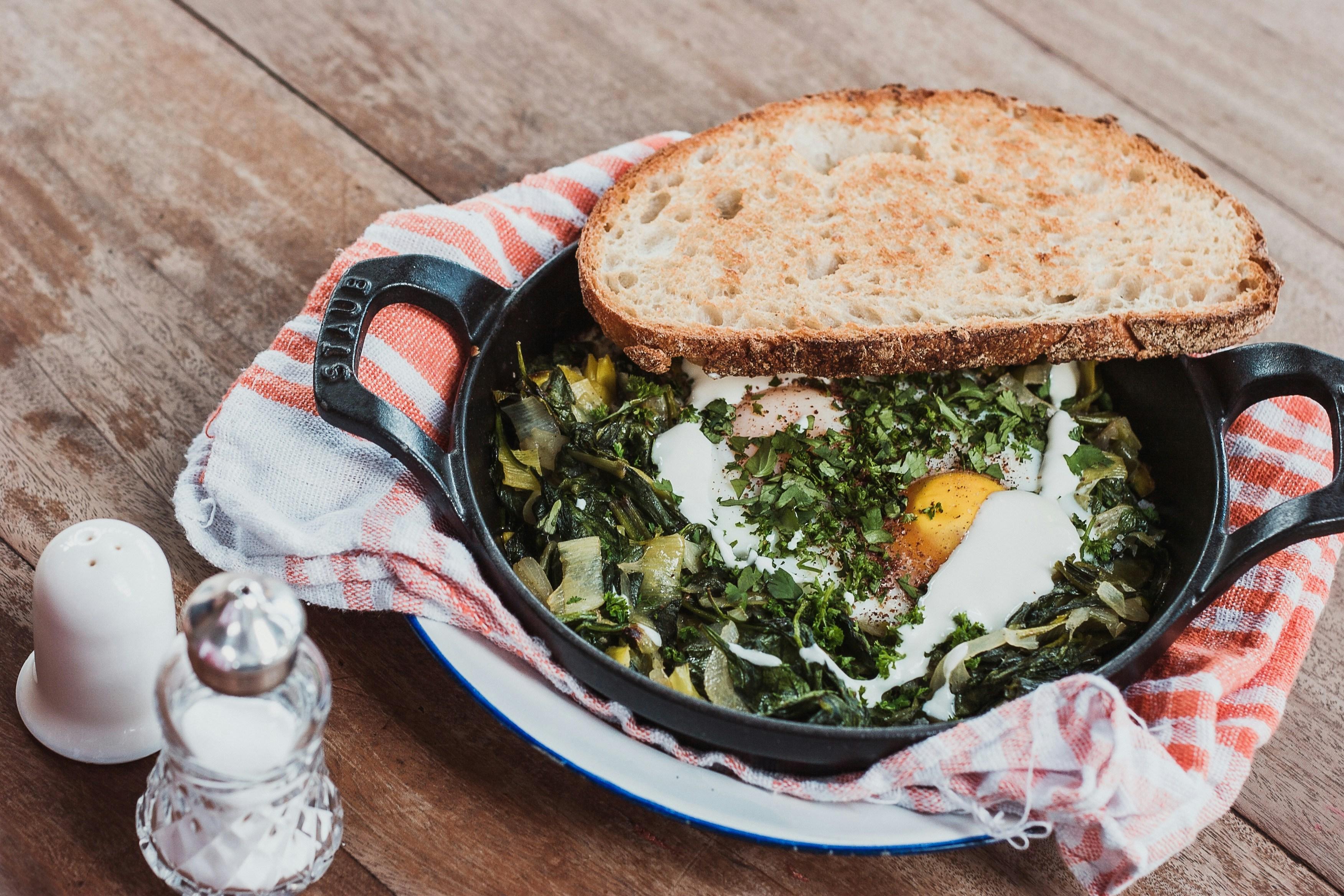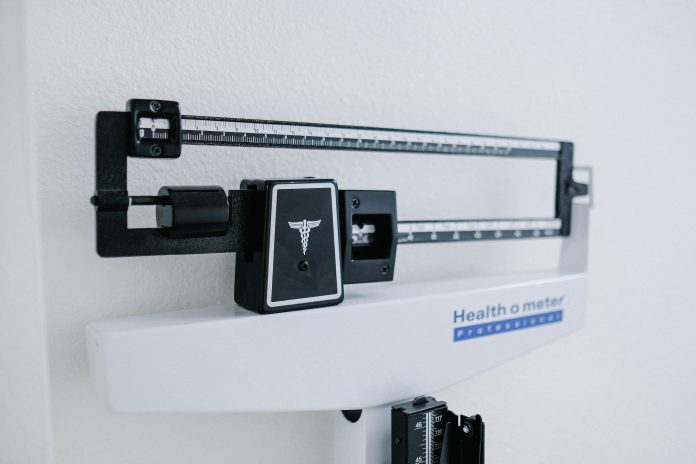In the vast landscape of health and wellness, the quest for a diet plan that genuinely supports weight loss can often feel like navigating a labyrinth. With a plethora of options, each promising transformative results, the journey can quickly become overwhelming. However, crafting a personalized diet plan doesn’t have to be an enigmatic process. Instead, it can be an empowering venture, one that marries science with intuition, and discipline with flexibility. This article seeks to demystify the process, offering a clear, step-by-step guide to building a diet plan that not only supports weight loss but also fosters a sustainable and nourishing relationship with food. Whether you’re a seasoned health enthusiast or just beginning your journey, this guide will equip you with the tools to make informed decisions that align with your unique lifestyle and goals.
Understanding Nutritional Needs for Effective Weight Loss
To effectively lose weight, understanding your body’s nutritional requirements is crucial. It’s not just about cutting calories but ensuring that the calories you do consume come from nutrient-rich sources. A balanced diet that supports weight loss should include a variety of macronutrients and micronutrients, helping you maintain energy levels while shedding pounds. Here are some key components to consider when crafting your diet plan:
- Protein: Essential for muscle repair and growth, protein helps you feel full longer, reducing the urge to snack. Consider incorporating lean meats, beans, or tofu into your meals.
- Healthy Fats: Don’t shy away from fats entirely. Healthy fats found in avocados, nuts, and olive oil are vital for brain health and can aid in satiety.
- Complex Carbohydrates: Unlike simple carbs, complex carbs like whole grains and vegetables provide sustained energy and are rich in fiber, which aids digestion.
- Vitamins and Minerals: Fruits and vegetables are packed with essential vitamins and minerals. Aim for a colorful plate to ensure a wide range of nutrients.
Understanding these nutritional needs and how they fit into your daily intake can help you create a sustainable diet plan that promotes weight loss without sacrificing health. Remember, the goal is to nurture your body, not deprive it.

Crafting a Balanced Meal Plan for Sustainable Results
When designing a meal plan that not only aids in weight loss but also promotes sustainability, it’s crucial to focus on balance and variety. Start by ensuring that each meal includes a mix of macronutrients: proteins, carbohydrates, and fats. For proteins, consider lean sources like chicken, fish, or plant-based options such as lentils and chickpeas. Carbohydrates should come from whole grains, vegetables, and fruits, offering a steady release of energy and a rich source of fiber. Don’t shy away from healthy fats; include nuts, seeds, or avocado to keep your meals satisfying and nourishing.
- Protein Sources: Chicken, fish, tofu, lentils, chickpeas
- Carbohydrate Sources: Quinoa, brown rice, sweet potatoes, leafy greens
- Healthy Fats: Avocado, almonds, chia seeds, olive oil
Moreover, prioritize portion control to maintain a calorie deficit without feeling deprived. Use smaller plates, measure servings, and be mindful of snack choices. Consistency is key; prepare meals in advance and keep healthy snacks on hand to resist the temptation of processed foods. By focusing on these principles, you’ll create a diet plan that not only helps shed pounds but also supports long-term wellness.

Incorporating Exercise to Enhance Your Diet Plan
While crafting a diet plan aimed at weight loss, integrating regular physical activity can significantly boost your results. Exercise not only helps burn calories but also enhances metabolic rate, improves mood, and supports overall health. To make your fitness routine work in harmony with your diet, consider the following tips:
- Variety is Key: Mix up your workouts to prevent boredom and target different muscle groups. Incorporate a blend of cardio, strength training, and flexibility exercises.
- Consistency Over Intensity: Focus on maintaining a regular exercise schedule rather than pushing for high-intensity workouts every time. This approach helps in building a sustainable habit.
- Listen to Your Body: Pay attention to how your body responds to different exercises and adjust accordingly. Rest when needed to avoid burnout or injury.
- Fuel Appropriately: Ensure your diet provides enough energy to support your workouts. Opt for nutrient-dense foods that replenish energy and aid recovery.
Integrating these elements into your routine can turn exercise from a chore into a powerful ally in your weight loss journey. Remember, the synergy between a well-balanced diet and a thoughtful exercise plan is what drives long-term success.

Tracking Progress and Adjusting Your Strategy
Embarking on a weight loss journey is not a one-size-fits-all endeavor, and the key to success lies in continuous self-assessment and adaptability. Regularly tracking your progress can provide invaluable insights into how your body is responding to your diet plan. Utilize tools like food diaries, mobile apps, or wearable devices to monitor your daily intake and physical activity. Be honest and consistent with your tracking, as this data will form the foundation for any necessary adjustments. Reflect on your achievements and challenges weekly to identify patterns and areas for improvement.
As you gather data, be prepared to adjust your strategy. If your progress stalls or you’re not seeing the desired results, consider revisiting your calorie intake, macronutrient balance, or meal timing. Here are some adjustment tips:
- Reevaluate portion sizes: Even healthy foods can contribute to weight gain if consumed in large quantities.
- Incorporate variety: Ensure your diet includes a wide range of nutrients by diversifying your food choices.
- Stay flexible: Allow room for occasional indulgences to prevent feelings of deprivation.
Remember, the journey is uniquely yours, and the ability to adapt will keep you moving forward toward your goals.
Key Takeaways
As you embark on your journey to build a diet plan that supports weight loss, remember that the path to wellness is as much about exploration as it is about discipline. Embrace the vibrant array of nutrients that nature offers, listen to the unique needs of your body, and let your choices be guided by balance and sustainability. Each meal is an opportunity to nourish not just your body, but your spirit as well. As you experiment and adjust, know that every small, mindful step is a stride towards a healthier, more vibrant you. Here’s to a diet plan that’s as dynamic and adaptable as you are, paving the way to a future filled with vitality and well-being.


































